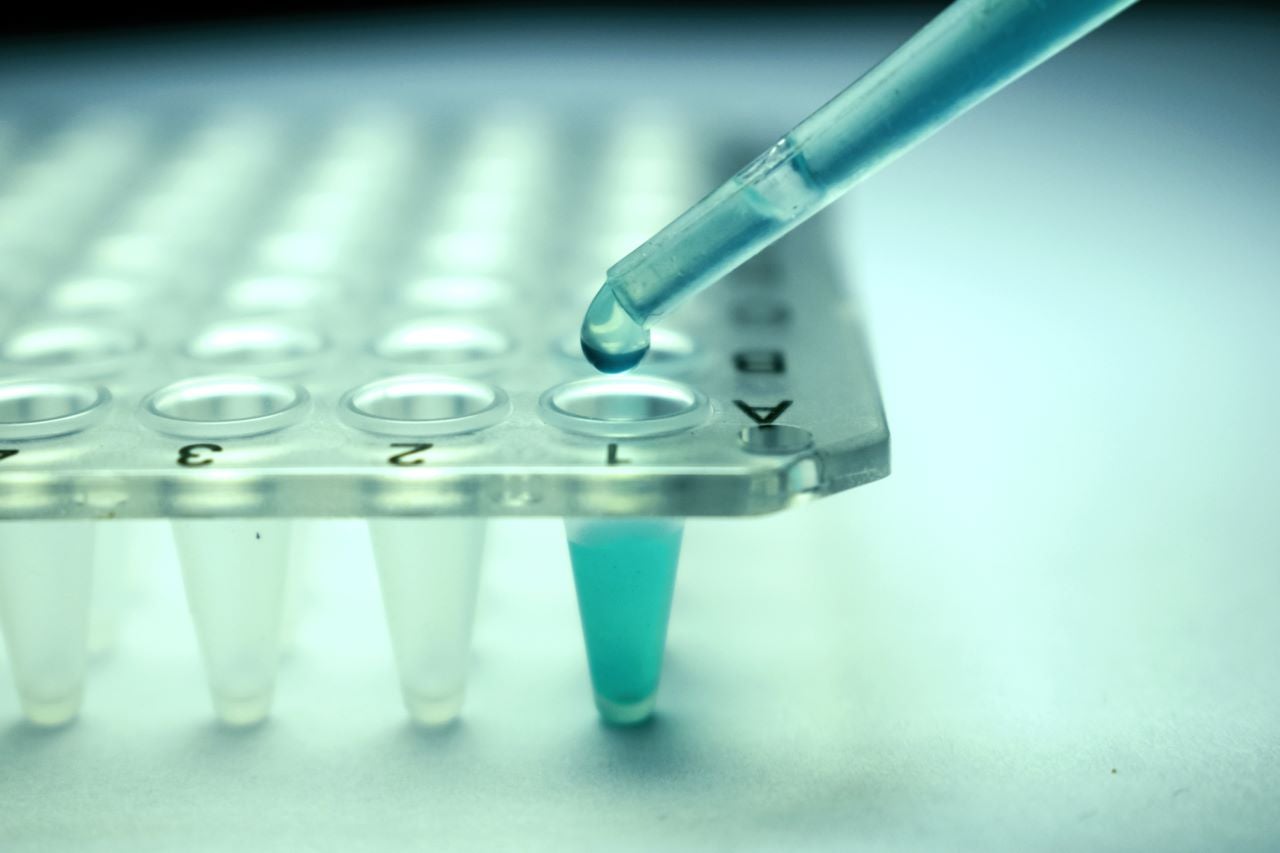The FDA has approved Gamida Cell’s stem cell transplant (SCT) therapy Omisirge (omidubicel) for the treatment of blood cancer patients undergoing SCT. The pivotal Phase III trial found Omisirge to be superior to standard cord blood in terms of median time to neutrophil engraftment (12 days versus 22 days), the incidence of Grade 2/3 bacterial or Grade 3 fungal infections (39% versus 60%), platelet recovery (55% versus 35% recovery by 42 days), and time spent out of hospital during the first 100 days (median, 61 versus 48). This therapy represents the first allogeneic cell therapy product indicated for SCT approved by the FDA and is set to address a real unmet need for patients unable to find a matched donor.
Allogeneic SCT is widely used in many haematological malignancies, particularly acute myeloid leukaemia, acute lymphoblastic leukaemia, myelodysplastic syndromes, and to a lesser extent, chronic myeloid leukaemia. Although SCT offers the chance of a cure for eligible patients, this procedure is associated with considerable risks. The likelihood of success is correlated with how well-matched the donor stem cells are to the recipient, with a matched, related donor offering the best outcomes. For those without related donors, a match may be found on a stem cell donor register. However, registers are typically lacking in diversity, resulting in non-Caucasian patients being much less likely to find a match, and therefore facing potentially poorer outcomes following SCT. Where a donor is unavailable, umbilical cord blood can be used, and this is the patient population that Gamida Cell will initially be targeting with Omisirge. However, the company will also hope to expand into additional patient populations, particularly those for whom SCTs carry risks, such as where the donor source is mismatched, or where the patient’s minimal residual disease status would typically render them ineligible for transplant.
The approval marks the end of a turbulent time for Gamida Cell, following two separate rounds of layoffs at the company. In November 2022 the FDA announced it required an additional three months to assess Gamida Cell’s application as additional information was considered a ‘major amendment’ to the application, while the application had also previously been delayed when the FDA requested information regarding the manufacturing of the product. Omisirge now has the potential to become the standard of care in the SCT setting for patients lacking a matched donor. Gamida Cell is not likely to be troubled by competitors in this space until 2025 when GlobalData anticipates the approval of Orca Biosystems’s TRGFT-201, which is currently in a Phase III trial. Other similar therapies in development include Marker Therapeutics’s zelenoleucel, and Nohla Therapeutics’s dilanubicel, both in Phase II.
Omisirge represents an important advance in the use of allogeneic cell therapies and will be particularly important for improving outcomes in diverse patient groups who typically struggle to find appropriately matched donors. Importantly, by increasing access to SCT, this product can offer the possibility of a cure to increasing numbers of patients suffering from several serious haematological malignancies.

US Tariffs are shifting - will you react or anticipate?
Don’t let policy changes catch you off guard. Stay proactive with real-time data and expert analysis.
By GlobalData





